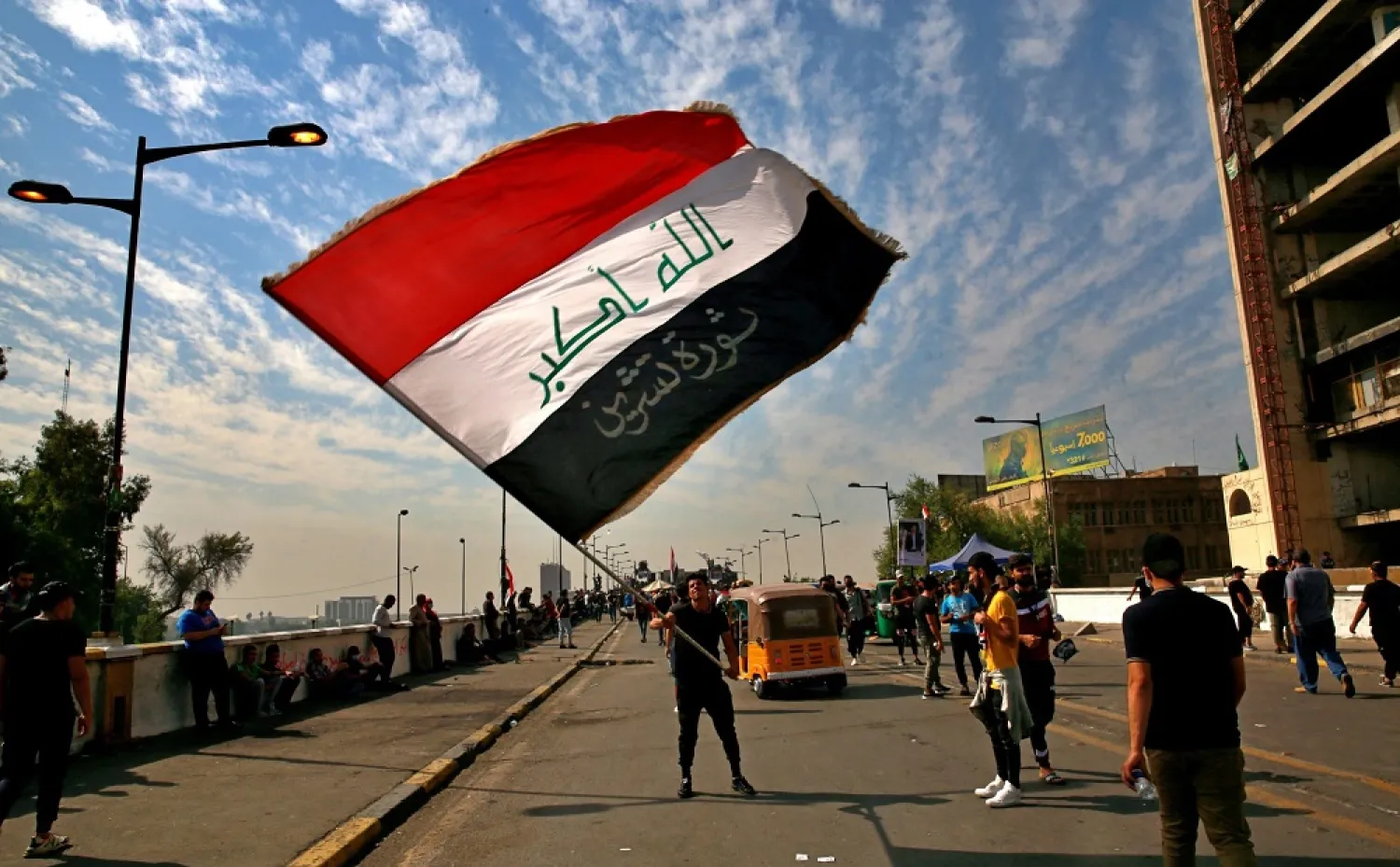Protesters hit the streets in several Iraqi cities on Friday, one week after clashes between supporters of cleric Moqtada al-Sadr and anti-government demonstrators left nine people dead.
On November 27, Sadr supporters turned out in a show of force in the Iraqi capital, southern hotspot of Nasiriyah and other cities.
While the massive Baghdad protest ended peacefully, Sadrists in Nasiriyah clashed with the dwindling numbers of anti-government demonstrators who have been rallying there since October 2019.
Last week's clashes left nine people dead, medics said, including several who died of their wounds days later.
On Friday, thousands in Nasiriyah held a protest and funeral march for those lives lost.
"The violence last week won't prevent us from carrying on in our protests. Our only option is achieving the goals of this uprising," Hussein al-Saidi, a demonstrator in Nasiriyah's Habboubi square, told AFP.
Habboubi Square is the heart of the anti-government uprising in Nasiriyah and the site of last week's clashes.
Security forces on Friday had sealed off streets leading to the square to keep a Sadrist rally from reaching it.
Thousands of followers of Sadr, who tweets often but is rarely seen in public, held their own prayer-protest on Friday for the second week in a row.
'Under the government's nose'
Other cities also held rallies in solidarity, with a small flash protest held in Baghdad's Tahrir Square.
In the southern city of Diwaniyah, hundreds gathered to condemn ongoing violence against demonstrators.
"The militias and armed groups are attacking us right under the nose of the government security forces -- this government seems to be subject to militia power," said Mustafa al-Jubeir, a lawyer demonstrating in Diwaniyah.
Since anti-government rallies broke out in October 2019, nearly 600 people have died in protest-related violence.
One of the bloodiest incidents was on November 28, 2019, when more than three dozen people died in Nasiriyah.
Those deaths sparked outrage across Iraq and prompted the resignation of then-premier Adel Abdel Mahdi, paving the way for Mustafa al-Kadhimi to succeed him.
Kadhimi has tried to reach out to youth by setting early parliamentary elections for June 2021 and vowing to hold those responsible for protester deaths to account.
But little justice has been served, and anti-government protesters still face intimidation efforts.
On Wednesday, unidentified gunmen on a motorcycle shot dead activist Mustafa Jaberi in the town of Amara, a police source there told AFP.
The ongoing violence has reignited demonstrators' rage.
"To the religious and political leaders -- don't think the protests are over," said Jubeir, in Diwaniyah.
"We will keep going until all our demands are met: bring the protesters' killers to justice, holding corrupt people to account and holding early elections under the supervision of the United Nations," he said.









